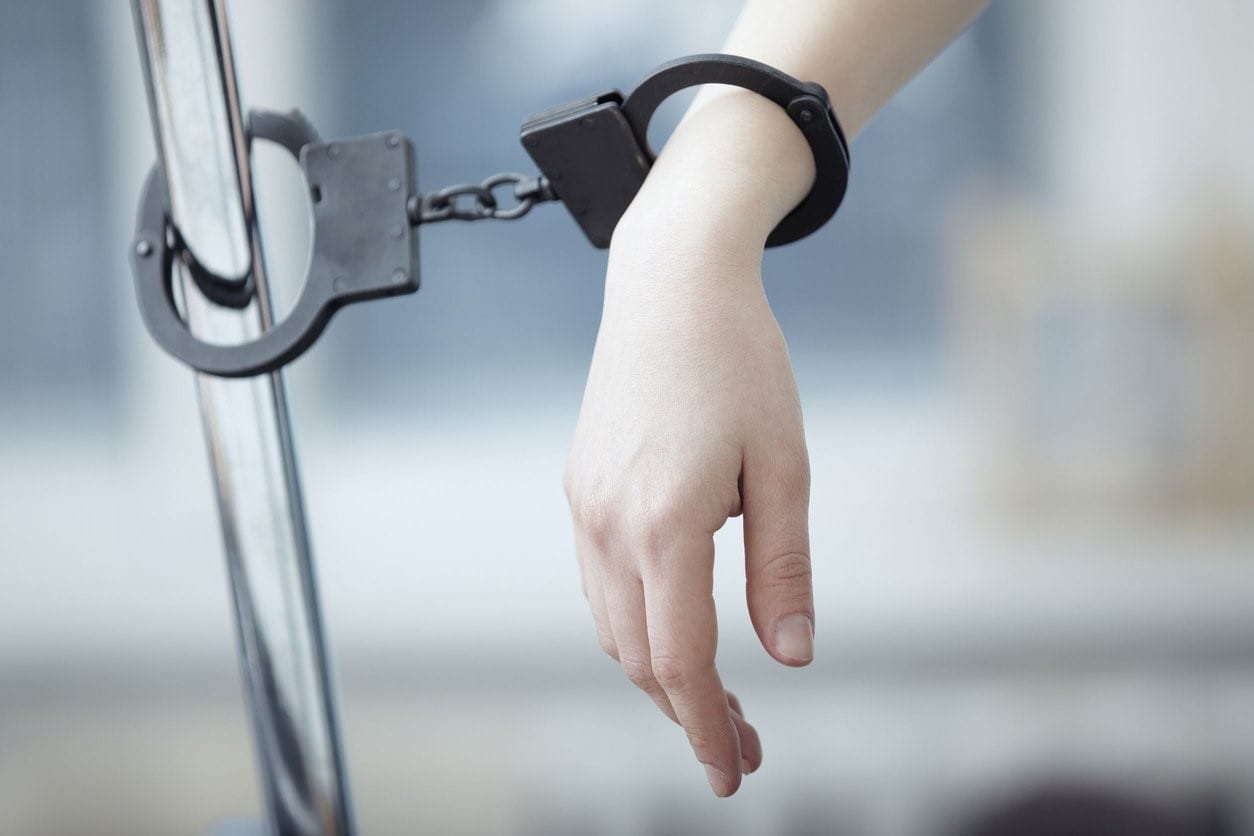
Admit it: we have all been to a party and gotten a bit out of control. Usually, we wake up at home the next morning and have to endure the punishment of a hangover… and possibly figuring out what kind of trouble we caused the night before.
But what happens if you wake up in a hospital or detox facility?
You may not know this, but under certain conditions peace or health officers may put you in a detox hold – even if it is against your will. From there, you will need a lawyer’s help to get yourself free in a reasonable amount of time.
When is this allowed? How does the law work?
When Are Police Authorized To Put Citizens in a Detox Hold?
Minnesota has a specific law that covers situations like these. The “Emergency Hold Law” addresses when law enforcement can place an individual in a jail, hospital, or detox facility against their will.
This law says “A peace or health officer may take a person into custody and transport the person to a licensed physician or treatment facility if the officer has reason to believe, either through direct observation of the person’s behavior, or upon reliable information of the person’s recent behavior and knowledge of the person’s past behavior or psychiatric treatment, that the person is mentally ill or developmentally disabled and in danger of injuring self or others if not immediately detained. A peace or health officer or a person working under such officer’s supervision, may take a person who is believed to be chemically dependent or is intoxicated in public into custody and transport the person to a treatment facility.”
For example, say you and your buddies go out to a bar for a bachelor party and things get out of control. You stray from the group and are picked up by the police while stumbling around town.

Under the law, Minnesota has the right to hold you in a hospital or other appropriate facility for up to 72 hours. Moreover, you may be placed in a cell with or next to someone that is suffering from a serious mental illness, because the same law covers both situations.
Naturally, when most people who were under the influence come to or realize where they are, they want to get out as soon as possible. Unfortunately, it’s not always quite so easy. While detox holds are by no means permanent, remember that they can last for up to 72 hours.
When Can You Get Out of There?
That may not sound like an unbearable amount of time, but it certainly can be quite inconvenient. After all, you’re talking about a possibility of three days away from your life.
Missing a day or two of work without notifying your employers is a quick way to get fired from your job – especially if all you have is an embarrassing excuse to give them when you return. If you have kids, the issue is even more serious – you can’t leave them alone for that long or you’ll return to far worse problems.
So you want to get out fast. How can you make that happen – either for yourself or for a loved one who is being held?
Police typically do not let people under the influence of drugs or alcohol out until they sober up. Law enforcement officers may use the following factors to determine whether or not it is time for you to leave a detox facility:
- BAC
- Behavior issues that led to initial detainment
- Other mental health concerns
- Pending criminal charges (assault, DUI, drug crimes, etc.)
- Risk to themselves/others
Even if you meet all of the criteria to be let go, getting released is not as easy as an officer opening up the door and letting you out.
As with any legal process, there red tape and court processes are involved. Your attorney has to collect and fill out the proper paperwork in order for your release to be finalized. A district court judge must also sign an “order of release,” which will be sent to the facility where you are being held.
How Keyser Law Can Help

If you are not a threat to yourself or others and you’ve sobered up, authorities are allowed to release you. That doesn’t mean they will, though. They may not always listen to your pleas, and even treat you unfairly as a “drug abuser” or “drunk.” Luckily, a detox & jail release lawyer can help to change their minds and speed up the time it will take for you to be released.
At Keyser Law, we boast a fantastic detox-release success rate of 93%. Even better, we can usually get our clients out within two hours. If a loved one is currently being held against their will and needs to get out, give us a call right away so we can begin filing the proper paperwork to free them from the facility where they are being held.
About the Author:
Christopher Keyser is a Minneapolis-based criminal and DWI defense attorney known for fighting aggressively for his clients and utilizing innovative tactics to get the most positive results. He has been featured in numerous media outlets due to the breadth and depth of his knowledge, and recognized as a Minnesota Super Lawyers Rising Star (2014–2016), a Top 100 Trial Lawyer (2013–2016), and a Top 40 Under 40 Attorney (2013–2016).





